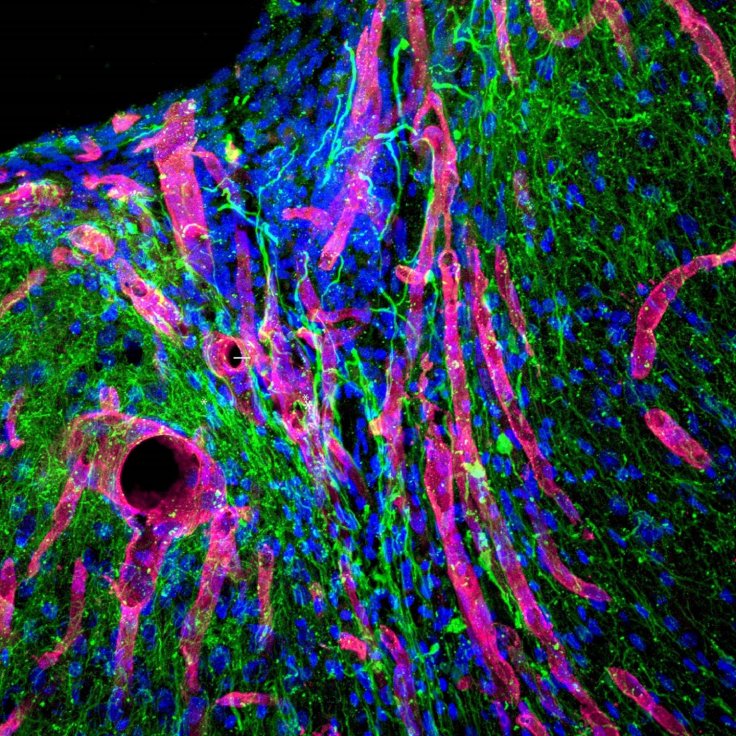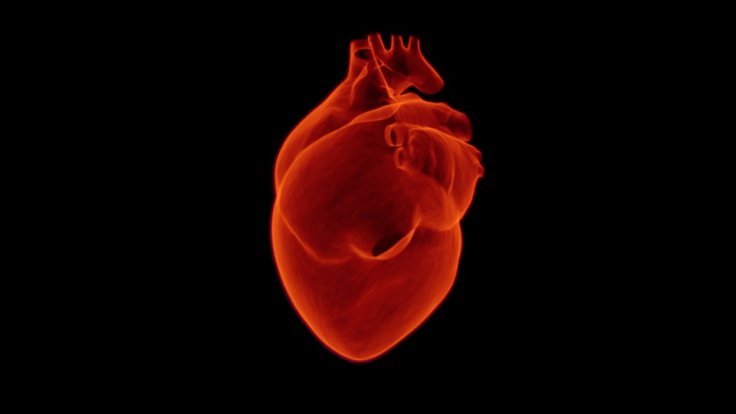Early risers may have an increased risk of experiencing a stroke or heart attack earlier in the day, while 'night owls' may be more at risk in the evening, found a study by researchers of Australia's Monash University. This is determined by your body clock type and how it responds to stress.
The finding which has potential to guide doctors to assess their patients with cardiovascular diseases and improve the treatment. The study, published in Frontiers in Physiology, found the way in which blood vessels responded to stress was influenced by whether you were an early riser or liked to stay up late.

The research showed 'morning larks' could have an increased risk of cardiovascular events early in the day, while 'night owls' are more at risk later in the evening. For the study, the researchers have studied 312 volunteers and surveyed them to assess their body clock type (chronotype) based on their sleeping and waking behaviour.
Study on blood vessels
From this group, 20 healthy young individuals with no pre-existing medical conditions were randomly selected for a series of tests in the morning between 8am and 10am, and again in the evening between 6pm and 8pm. The tests included recording participants' heart rate, arterial pressure and vascular endothelial response – some of the mechanisms that control blood flow through arteries.
Results showed that chronotype has an effect on the ability of blood vessels to respond to stress, with individuals shifted towards the 'morning lark' group having reduced response in the morning, and the later 'night owls' having a reduced response in the evening.
Helpful in treatment
Lead author, Dr Elise Facer-Childs of Monash University and also a research associate at the University of Birmingham in the UK, said, "Although the reasons for this are not yet clear, and our data is in a healthy population, our study shows that an individual's chronotype could be another factor that should be taken into account when managing patients with pre-existing cardiovascular issues."

Study senior author, Dr George Balanos, in the School of Sport Exercise and Rehabilitation Sciences at the University of Birmingham, said that the data provides an indication that regulation of the cardiovascular system is better at certain times of the day for people with different chronotypes.
"More patient-specific data is needed to support these findings, but ultimately we hope it will provide clinicians with additional information which they can use to improve the treatment of their patients and provide a more individually tailored plan for them," he said.








